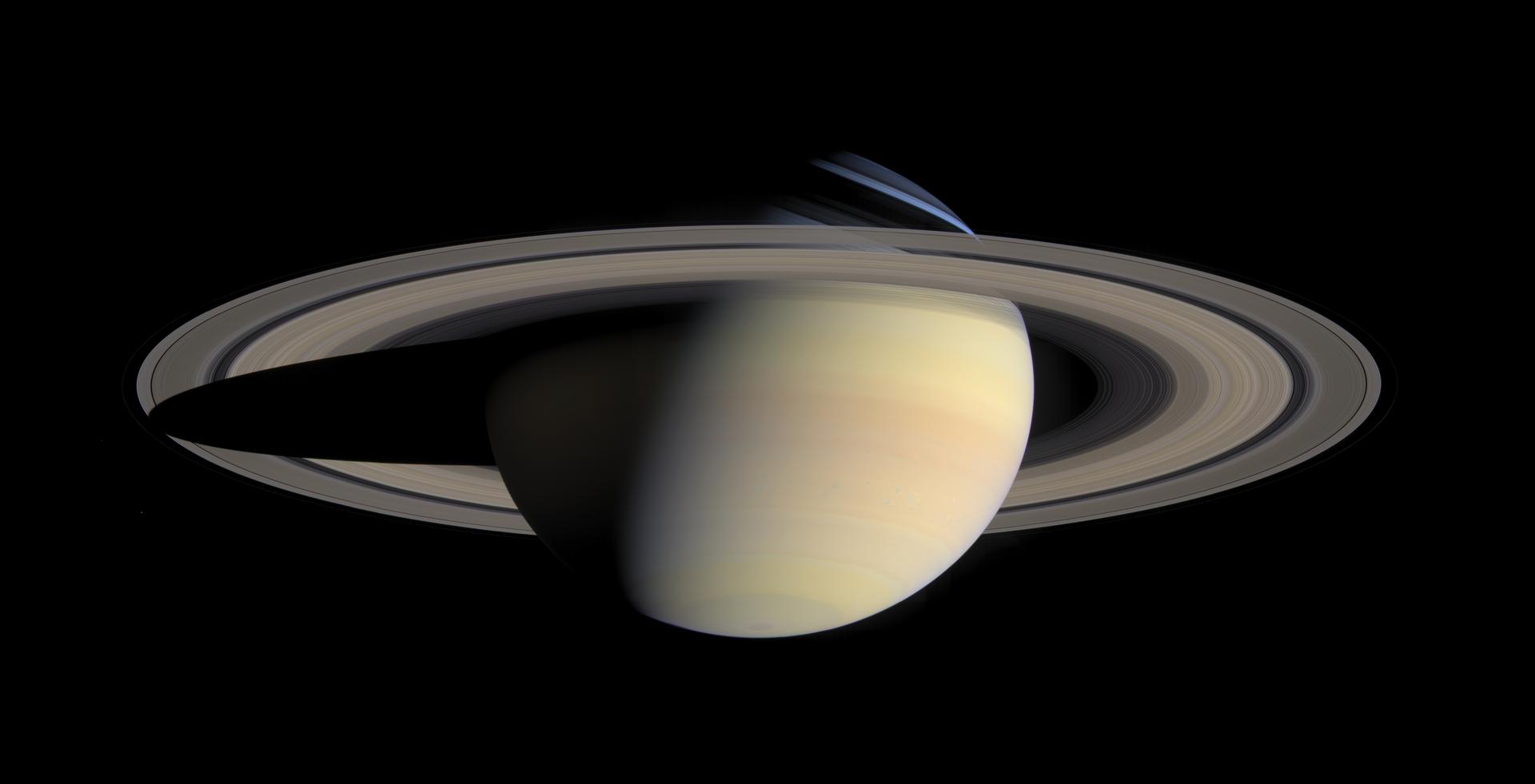Planets of the Solar System
Our solar system is a vast and fascinating place, consisting of the Sun and the various celestial bodies that orbit it, including eight major planets. Each planet offers unique characteristics and features. In this article, we will explore the distinctive attributes of each planet, providing an overview of what makes them special (and learn a little CSS while doing it).
Mercury
Mercury is the closest planet to the Sun and the smallest planet in our solar system. It has a very thin atmosphere and its surface is covered with craters.
Venus
Venus is the second planet from the Sun and is known for its thick, toxic atmosphere and extreme surface temperatures. It's often called Earth's "sister planet" because of their similar size and composition.
Earth
Earth is the third planet from the Sun and the only known planet to support life. It has a diverse climate and surface, with large bodies of water, mountains, and forests.
The Earth is a very small stage in a vast cosmic arena. Think of the rivers of blood spilled by all those generals and emperors so that in glory and triumph they could become the momentary masters of a fraction of a dot.
— Carl Sagan
Mars
Mars, the fourth planet from the Sun, is often called the "Red Planet" due to its reddish appearance. It has the largest volcano and canyon in the solar system.
Jupiter
Jupiter is the fifth planet from the Sun and the largest in the solar system. It has a Great Red Spot, which is a giant storm, and dozens of moons.
Saturn
Saturn, the sixth planet from the Sun, is famous for its extensive ring system. It's the second-largest planet in the solar system.

Uranus
Uranus is the seventh planet from the Sun and has a unique blue-green color due to methane in its atmosphere. It rotates on its side, making it unique among the planets.
Neptune
Neptune is the eighth and farthest known planet from the Sun in our solar system. It's known for its deep blue color and strong winds, some of the fastest in the solar system.
Additional Resources
For more information about the planets, visit the NASA Solar System Exploration website.
Other Major Bodies
- Pluto
- Ceres
- Haumea
- Makemake
- Eris
- Ganymede
- Titan
- Europa
Sample Code
function getPlanetInfo(planet) {
const planets = {
Mercury: 'The smallest planet and closest to the Sun.',
Venus: 'Known for its thick, toxic atmosphere.',
Earth: 'The only planet known to support life.',
Mars: 'The Red Planet with the largest volcano.',
Jupiter: 'The largest planet with a Great Red Spot.',
Saturn: 'Famous for its ring system.',
Uranus: 'Unique for its sideways rotation.',
Neptune: 'Known for its deep blue color and strong winds.'
};
return planets[planet] || 'Planet not found';
}